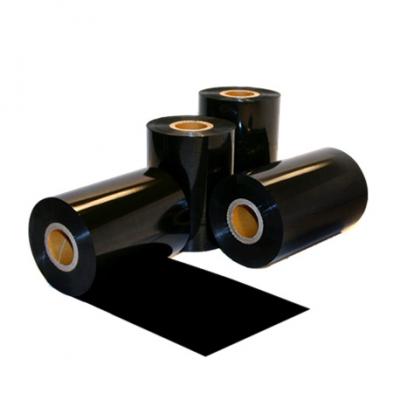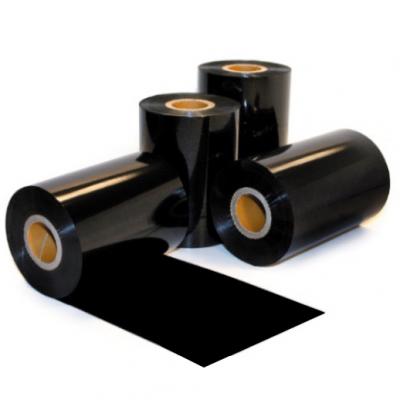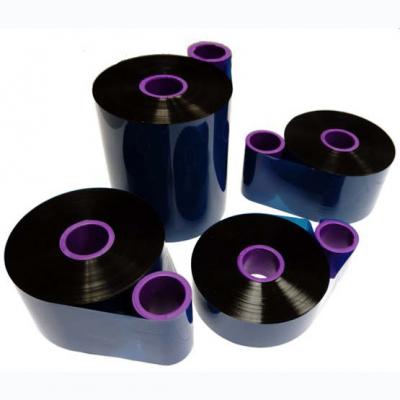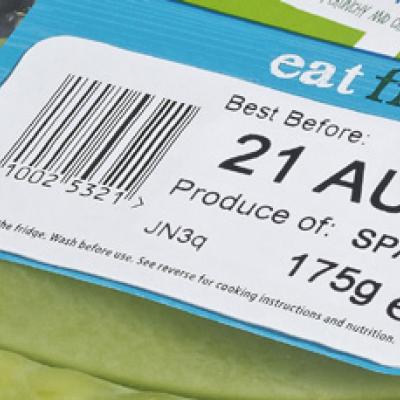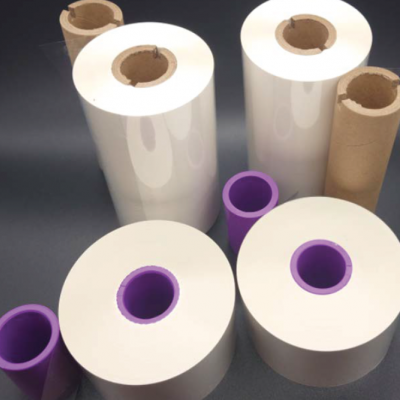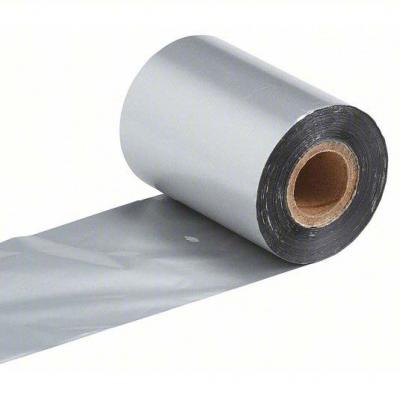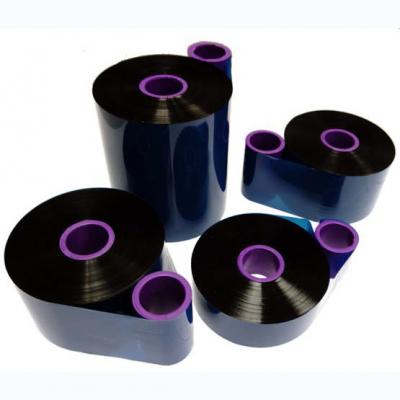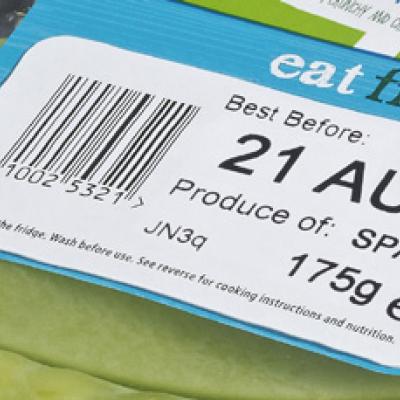Thermal Transfer Ribbon Sustainability Is A High Priority For IMP

IMP takes pride in prioritizing sustainability. Our goal is to lead efforts in reducing plastic waste, minimizing pollution, and promoting a greener printing industry. It’s not a single effort that helps IMP stand out as a sustainable partner, it’s multiple actions that together position IMP as a leading thermal transfer ribbon manufacturer in sustainability. When converters and brand owners ask what you are doing to drive sustainability, feel confident that IMP’s efforts will support your desire for a cleaner world.
 Reducing Plastic Usage – Thinner ribbons.
Reducing Plastic Usage – Thinner ribbons.
Did you know...
In the USA, Americans buy 29 billion water bottles a year. Only 1 out of 6 bottles are recycled and 80% of them end up in landfills. It takes up to 1000 years for one bottle to decompose.
A customer with an annual volume of 5000 ribbons, 110mm x 450m, who uses a 3.5 micron film ribbon, can save approximately 4200 plastic bottles from ending up in a landfill.
One significant step towards sustainability in thermal transfer ribbons is the use of 3.5 - 4.0 micron film, which helps reduce plastic usage significantly. This thinner film results in a 12% to 22% reduction in plastic per roll compared to traditional thermal transfer ribbons.
Not only does this drastically reduce the amount of plastics headed to the landfill, but it also results in:
- Longer ribbon length – allowing fewer roll changes and reducing printer downtime
- Less printhead heat required; saving time and money replacing printheads because fewer replacement printheads will be needed.
- Runs at higher speeds which improves overall printing productivity.
Thinner PET Thermal Transfer ribbons available:
- Z203 super premium wax/resin
- Z300 premium resin
- Z214 near edge wax/resin
- Z214W near edge wax/resin white
- Z214S near edge wax/resin silver
- Z314 near edge resin
 Cores and Cartons
Cores and Cartons
We are also mindful of reducing plastic in ancillary components such as cores and cartons. Instead of using plastic or virgin paperboard, 100% recycled paperboard cores and cartons are responsibly sourced, further minimizing environmental impact.
 Solvent-Free Coating Process
Solvent-Free Coating Process
To ensure sustainability, IMP uses a solvent-free coating process for some of our formulations. By eliminating the use of solvents, both air and water pollution can be significantly reduced, resulting in a cleaner and healthier environment. This decreases our carbon footprint by up to 70% versus the traditional process.
 Halogen-Free Composition
Halogen-Free Composition
Thermal transfer ribbons that are halogen-free are increasingly becoming the preferred choice in eco-conscious applications. By eliminating halogens, such as chlorine, fluorine, and bromine, from the ribbon composition, the environmental impact is further reduced. IMP offers Halogen-free ribbons for some of our formulations.
Cleaner Manufacturing
In the manufacturing process of thermal transfer ribbons, the implementation of a solvent recovery system and a regenerative thermal oxidizer is crucial for sustainability. Our solvent recovery system (SRS) helps recover 95% of the solvents used in the production process, not only preventing their release into the environment but allowing for their re-use in thermal transfer ribbon production. The regenerative thermal oxidizer (RTO) also helps eliminate harmful emissions by effectively treating the off-gases from the production process.
 You can rely on IMP to remain on the leading edge of sustainability efforts…
You can rely on IMP to remain on the leading edge of sustainability efforts…
Sustainability is not a single target. It’s fluid, it’s a journey. We strive to do better. Over the last several years, significant strides have been made in sustainability efforts by focusing on reducing plastic usage, adopting a solvent-free coating process, creating halogen-free compositions, using recycled paperboard for cores and cartons, and implementing solvent recovery systems and regenerative thermal oxidizers. These initiatives play a vital role in minimizing the environmental impact of thermal transfer ribbons, contributing to a more sustainable future. Together, we can make a positive impact on the environment.

